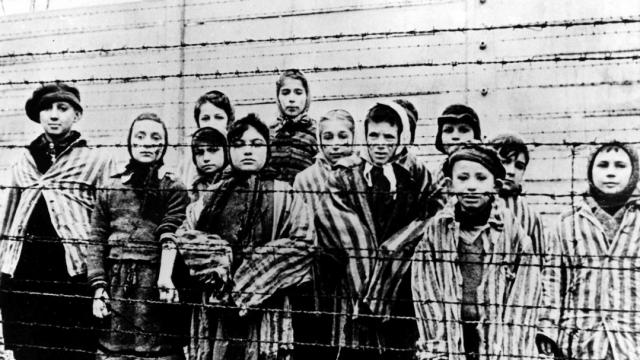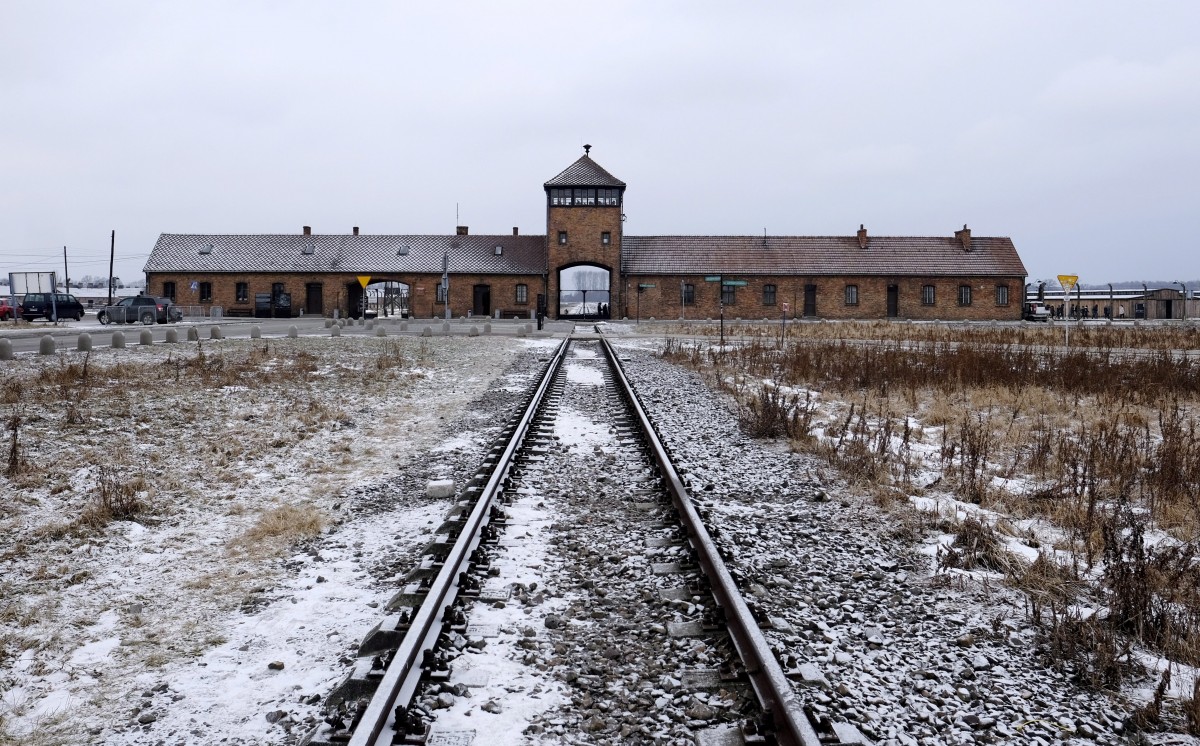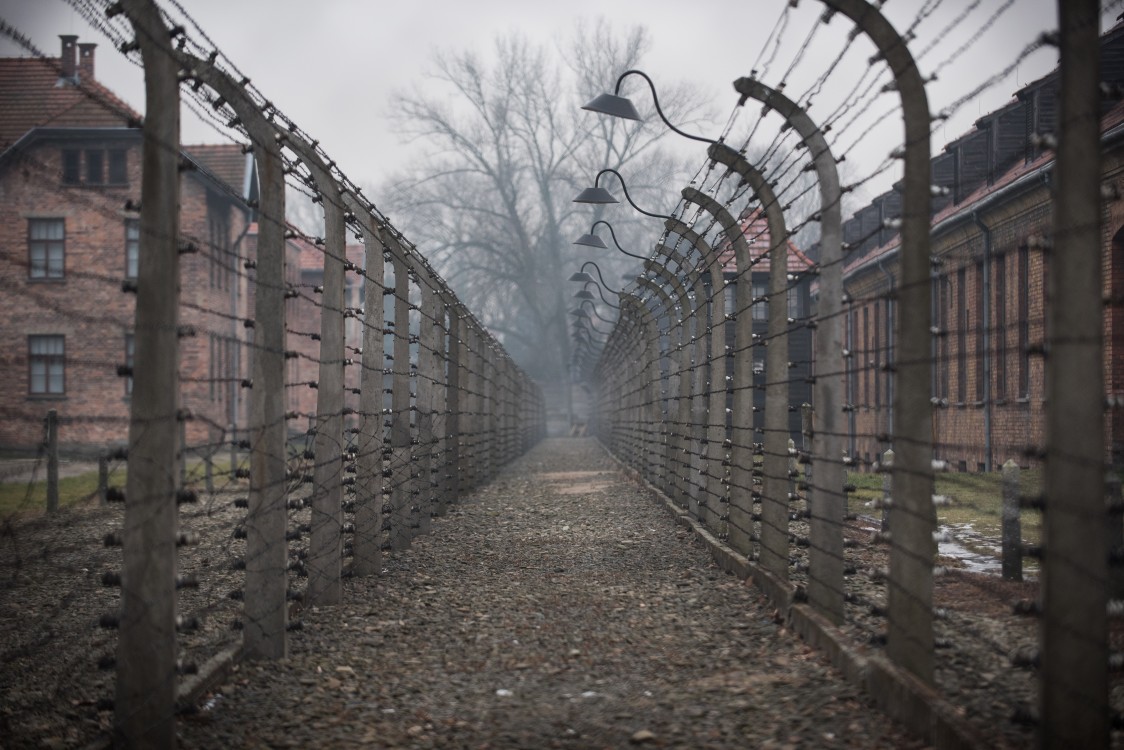
Last Thursday, 61 members of the Polish Senate agreed to pass new legislation that would impose heavy fines and up to 3 years in prison for anyone who openly associates the complicity of Polish citizens or the Polish state with Nazi Germany during the Holocaust.
The bill hasn't yet gone into effect, still pending the approval of President Andrzej Duda who has until Feb. 22 to decide on its fate. The bill would explicitly forbid any mention of "Polish Death Camps" in regard to concentration camps built on Polish soil.
The Law and Justice Party (PiS), which promoted the legislation, promises the law would impose no constraints on academics or researchers who are examining the events of the Polish Occupation during World War II. Poland was the country where some of Nazi Germany's most horrific concentration camps, including Auschwitz, were established during the occupation of the country from 1939 to 1945. More than three million Polish Jews died during the Holocaust – about 90 percent of the country's Jewish population – and the notion that no Poles played a part in facilitating their killings amounts to a grand historical fiction.
Donald Tusk, Poland's former prime minister and a staunch critic of the far right PiS, tweeted in response to the bill: “Anyone who spreads a false statement about ‘Polish camps’ harms the good name and interests of Poland...the authors of the bill have promoted this vile slander all over the world, effectively as nobody has before.”
While even renowned Jewish institutions like Yad Vashem in Israel have agreed that the term "Polish Death Camps" is a gross misrepresentation, the possibility of distorting future documentation of past atrocities in Poland remains a very real threat. In addition to Poland's three million Jews who lost their lives at Auschwitz, Treblinka, Sobibor and other concentration camps in Poland, some 1.9 million non-Jewish Poles were also killed there. And while the Polish resistance was among the first in Europe to fight the German occupation forces, information verifying that some Poles could have participated in the Nazi atrocities has recently come to light.
In response to the controversy surrounding the bill, Piotr Wilczek, Poland's ambassador to the U.S., wrote in an editorial published Thursday in The New York Times: "Every country could have done more during World War II to save Jews. But only one country bears responsibility for the state-sponsored persecution and murder of six million Jews and millions more non-Jews: Nazi Germany."
The explosive reaction to what many are calling Poland's "Holocaust denial bill" reverberated across the world, with a U.S. congressional task force, the Anti-Defamation League and other groups reaching out to the Polish administration in an effort to see the bill vetoed.
Meanwhile, Jaroslaw Kazynski, spokesman for the PiS party, responded to the bill's critics saying, “The president believes that Poland, as any other country, has the right to defend its good name... has the right to defend the truth.”
Though the bill has caused outrage in the international community, foremost in Israel and the U.S., the legislation seems to have also given the PiS a second wind, as 55 percent of the Polish population have rallied behind the legislation. Popular support for the measure coincides with a broader resurgence in far right-wing sentiment spreading across the country.
Same Bill, Different Wording
According to the Polish and international press, an earlier bill intended to curb the use of the term "Polish Death Camps" was drafted and proposed by Polish lawmakers as early as late 2012. This was done as an immediate response to President Barack Obama's disastrous wording during a 2012 visit in which he spoke of "Polish death camps", which nearly led to a diplomatic rift.
Then-Prime Minister Donald Tusk had responded to the statement almost immediately saying, "...ignorance, lack of knowledge, bad intentions lead to a distortion of history, so painful for us here in Poland, in a country which suffered like no other in Europe during World War II... This is something that we cannot ignore.”
The original bill was cut short in 2013, but was once more raised in 2015 when, once again, former FBI director James Comey suggested that the Polish administration or people were complicit to Nazi war crimes during the Second World War. However, given the PiS's then strenuous grip on Polish politics, the bill was re-drafted and once again proposed last month in its current wording, which achieved infamy almost overnight.
The bill has caused international tensions to rise considerably, with historians treating it as a first step toward normalizing Holocaust denial. Some publications have even referenced the complicity of Polish agents and civilians with Nazi atrocities during the Polish occupation, spurring the Polish far right into further action.
Still Time for Diplomacy
In spite of recent developments, Anna Azari, Israel's ambassador to Poland, agreed that the Polish administration's demand to rename the concentration camps "German Death Camps" was within the country's rights. In a follow up statement, the Israeli mission announced:
“We hope that over 30 years of work and dedication of wonderful people, both in Poland and in Israel, will not be in vain and that we will be able to cooperate in an atmosphere of dialogue and shared understanding.”
Right now, however, Poland appears to be teetering on the brink of diplomatic collapse as the country once again finds itself at the center of attention with the entire international community. As high-ranking Israeli politicians attempt to put further pressure on an administration that has proven unwilling to compromise or set up any further diplomatic channels for negotiation, it seems that cooler heads need to prevail, and soon.
3 WAYS TO SHOW YOUR SUPPORT
- Log in to post comments













